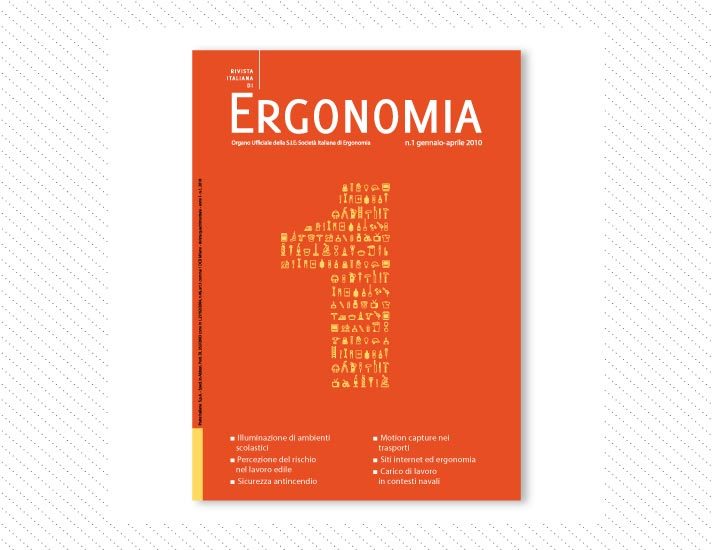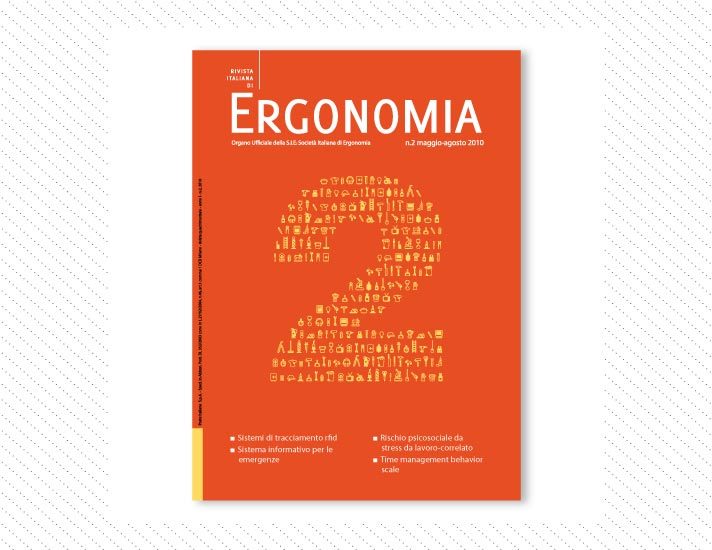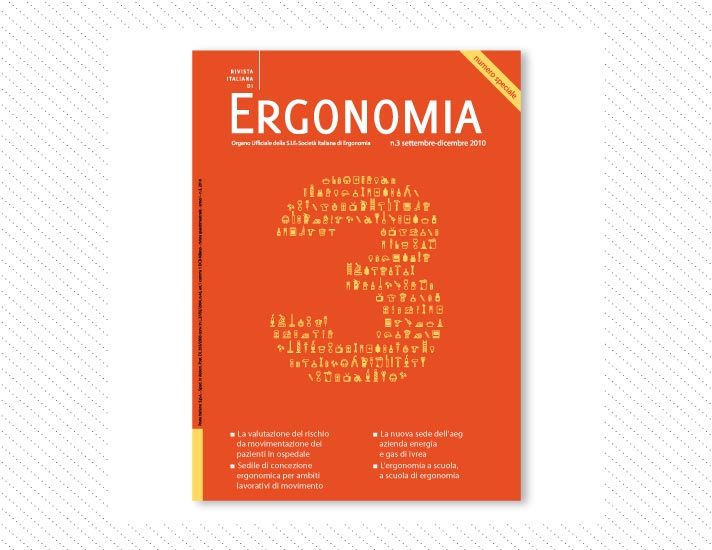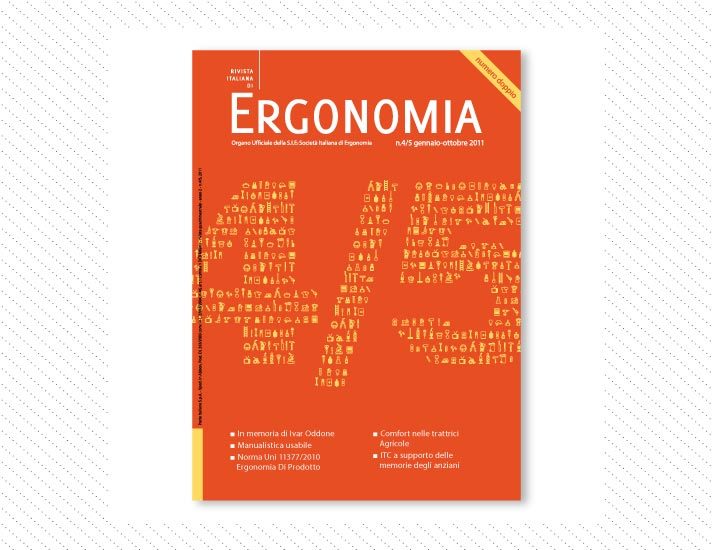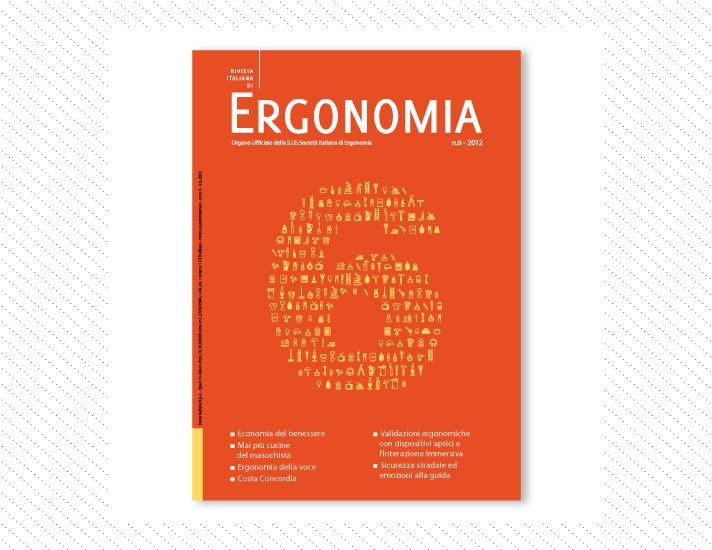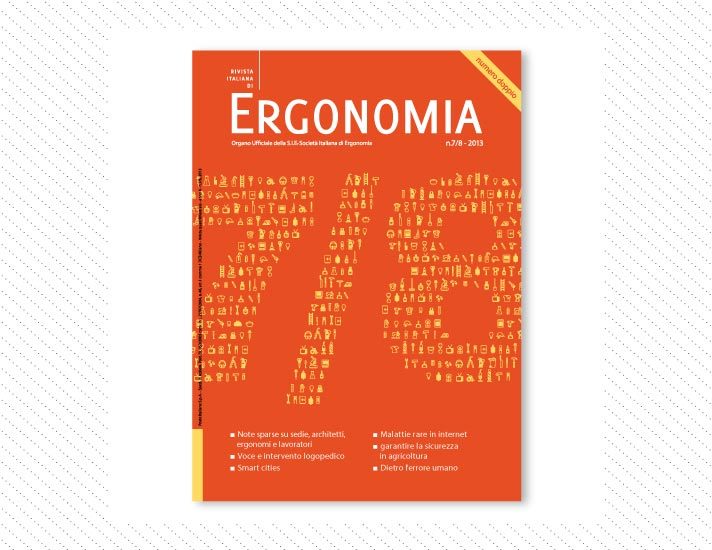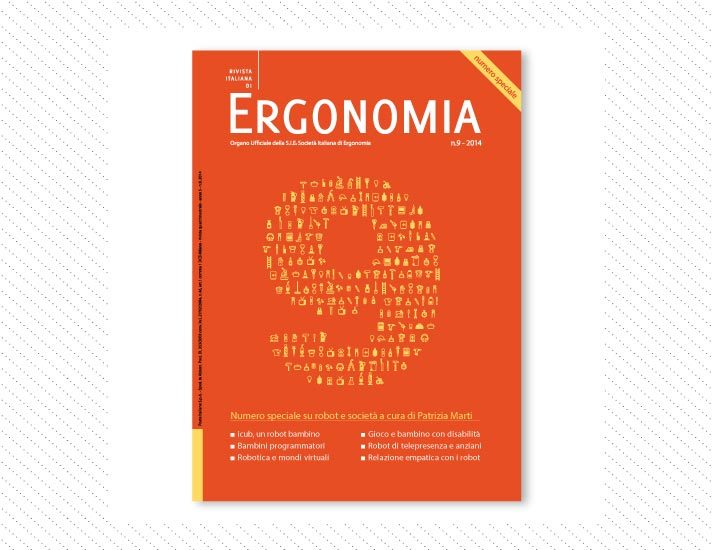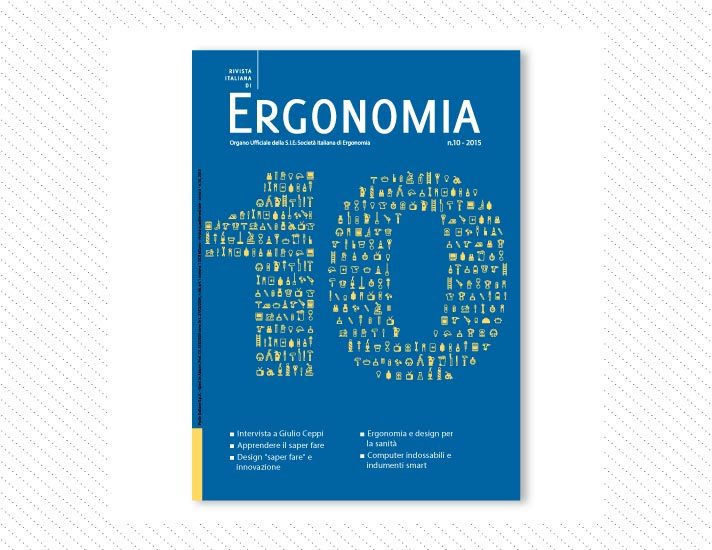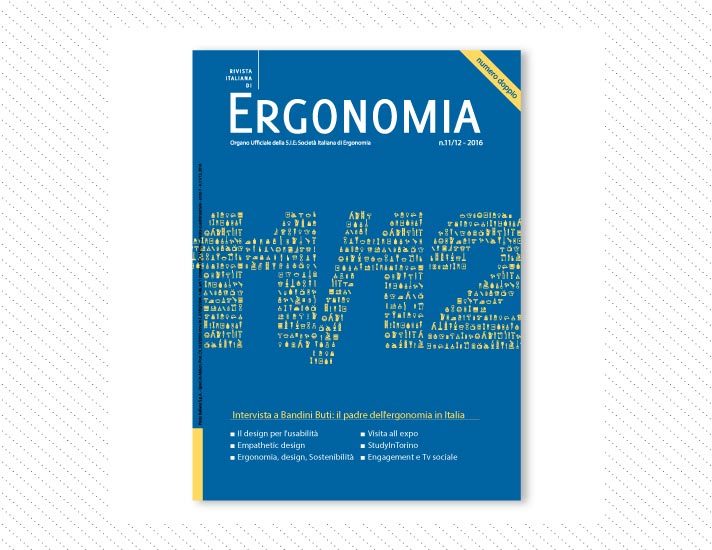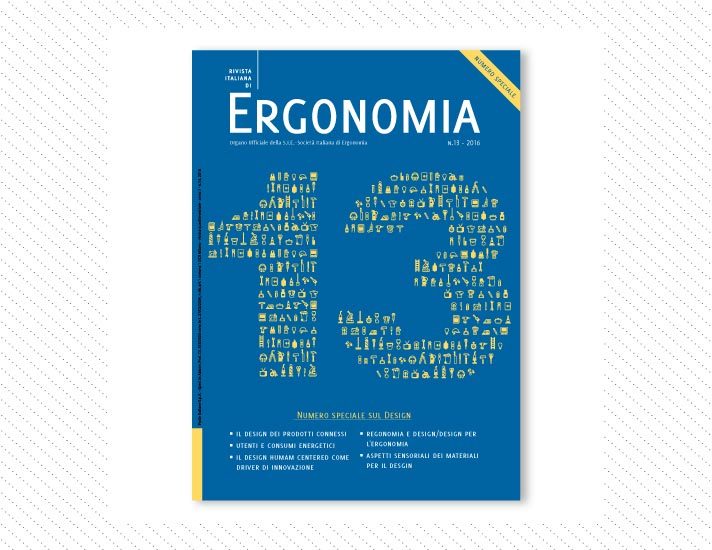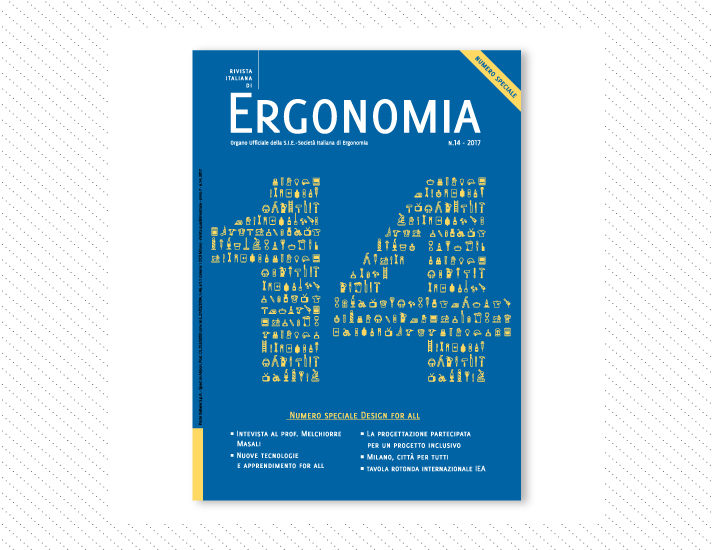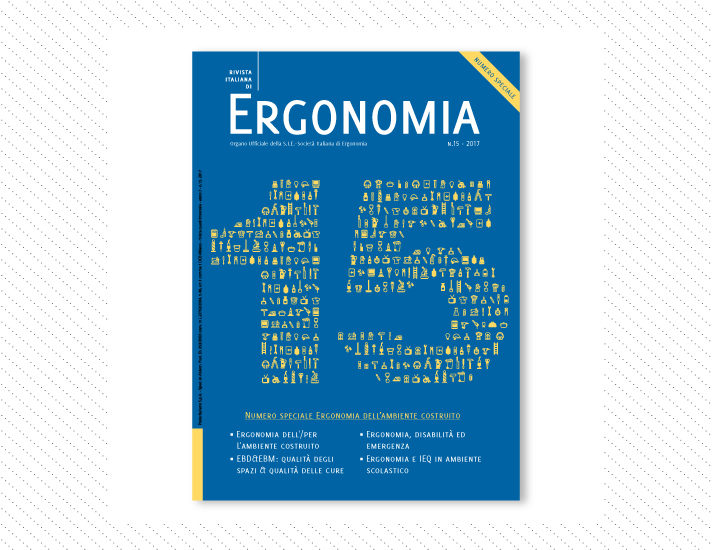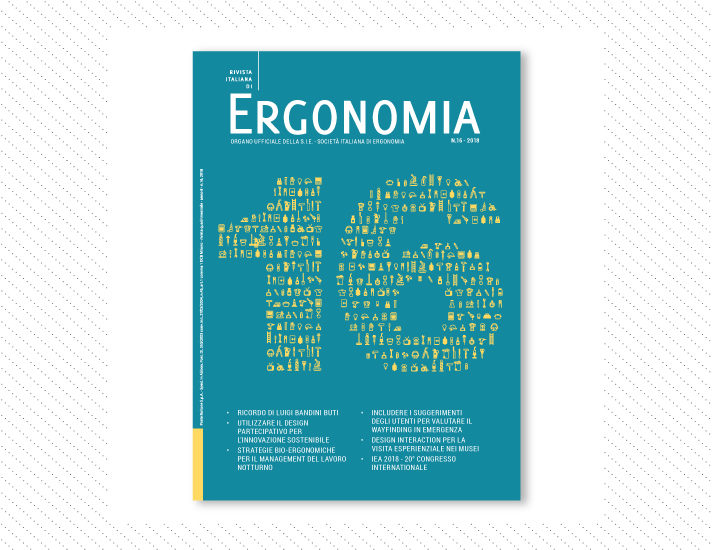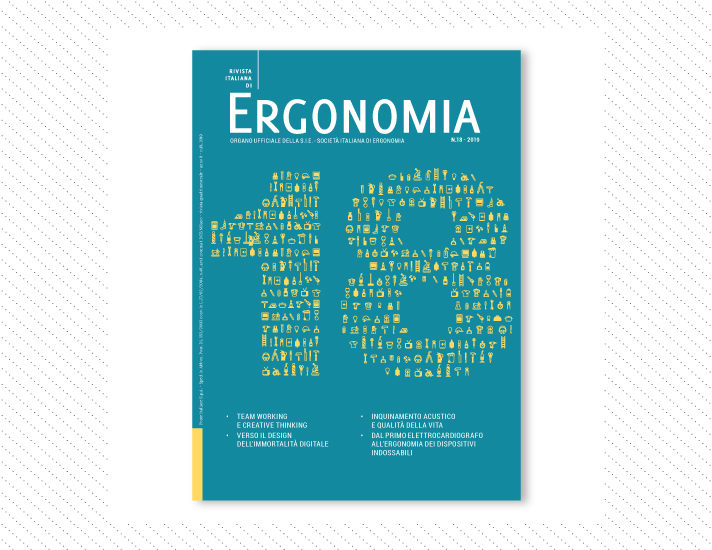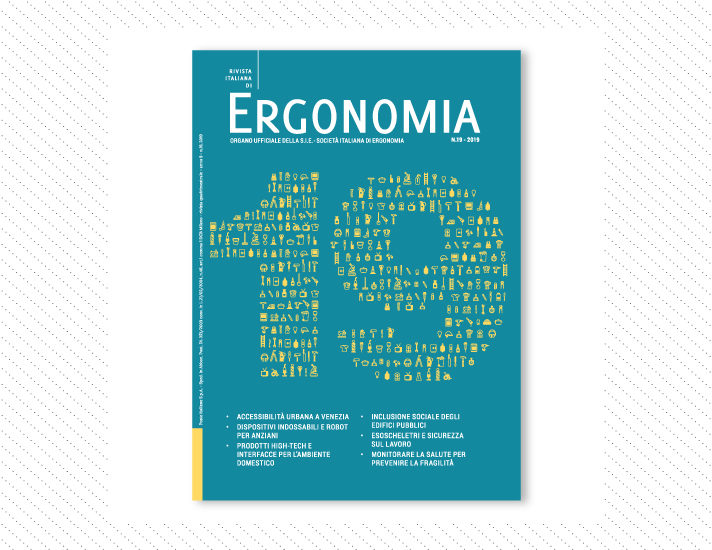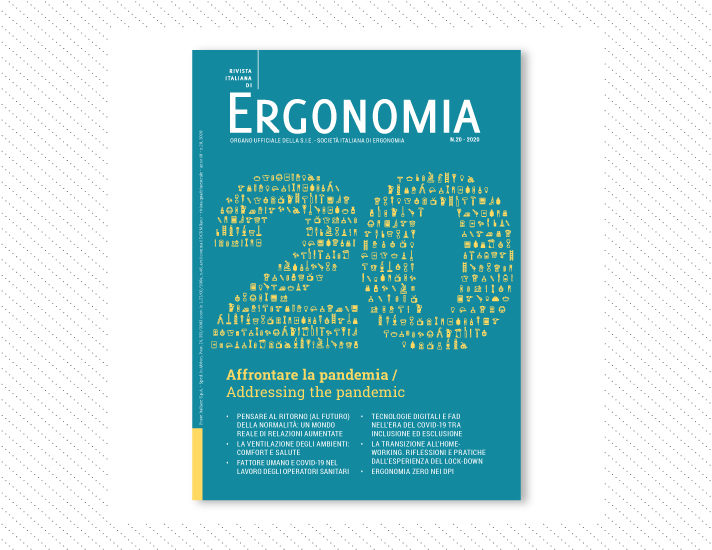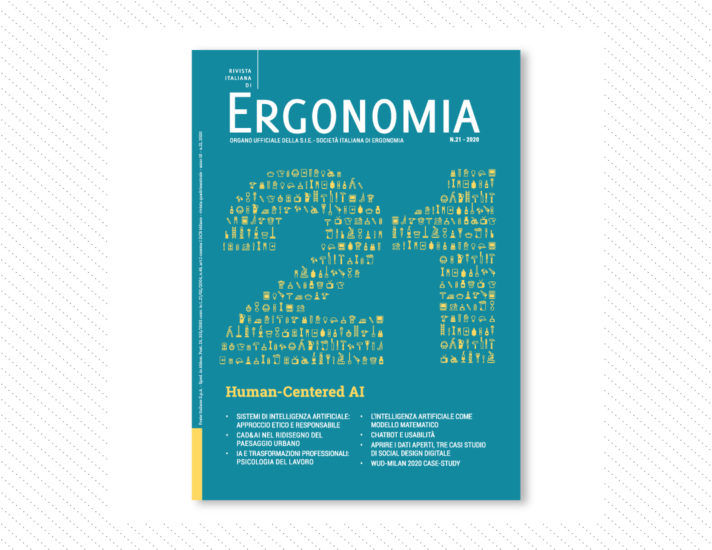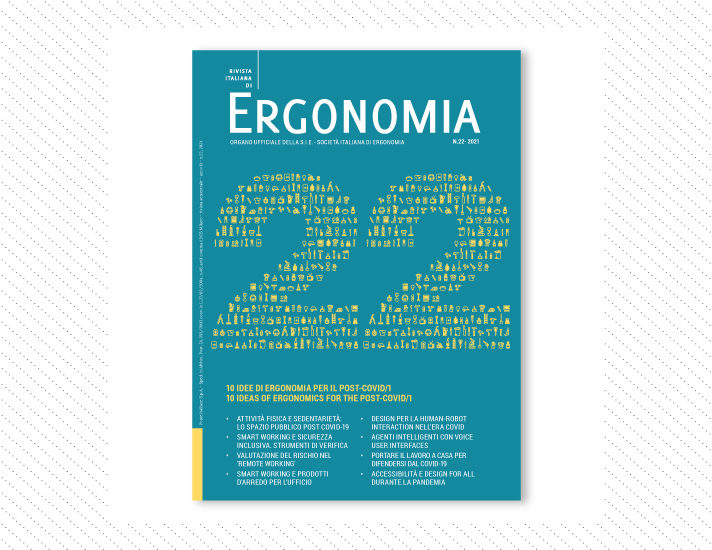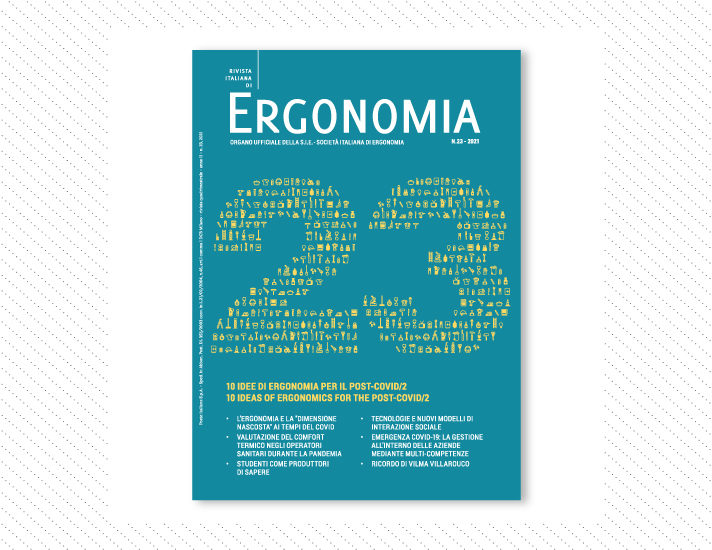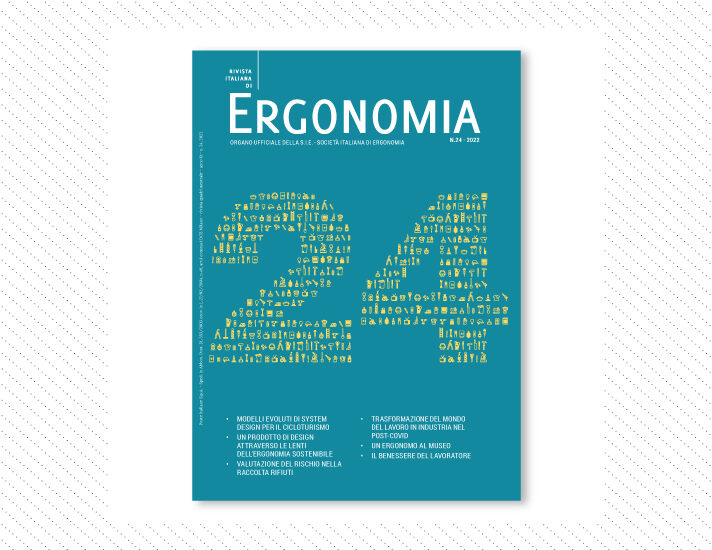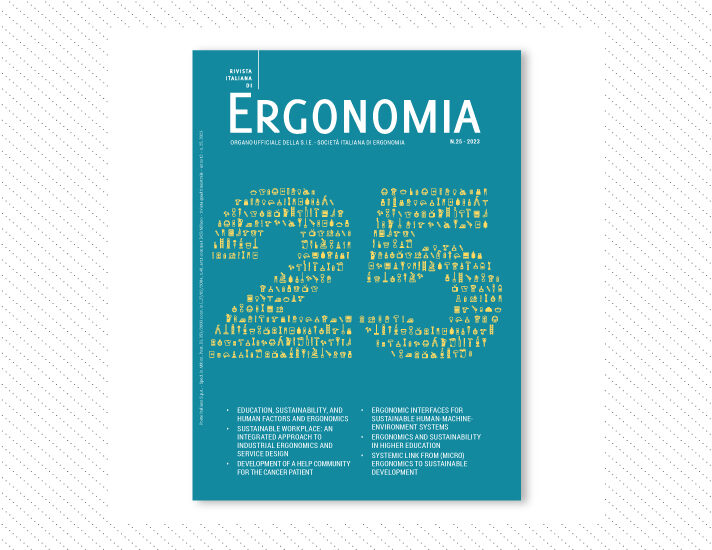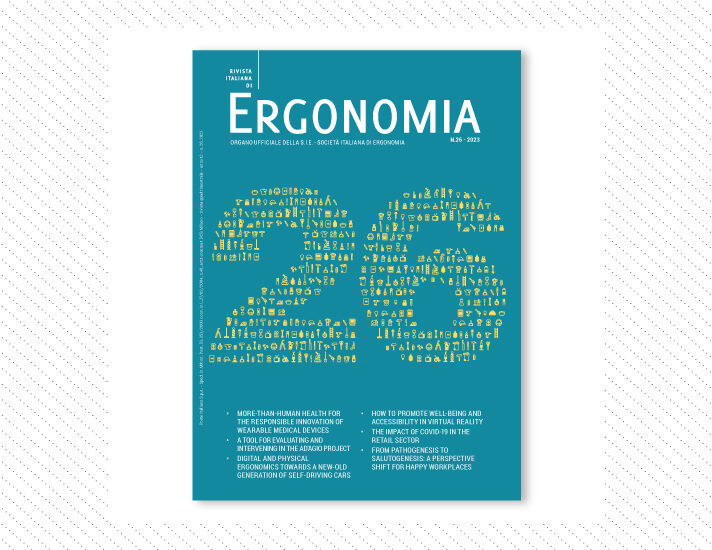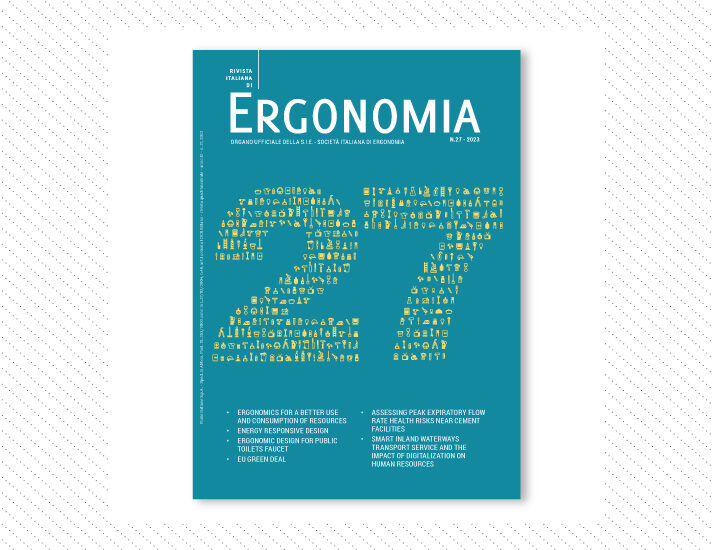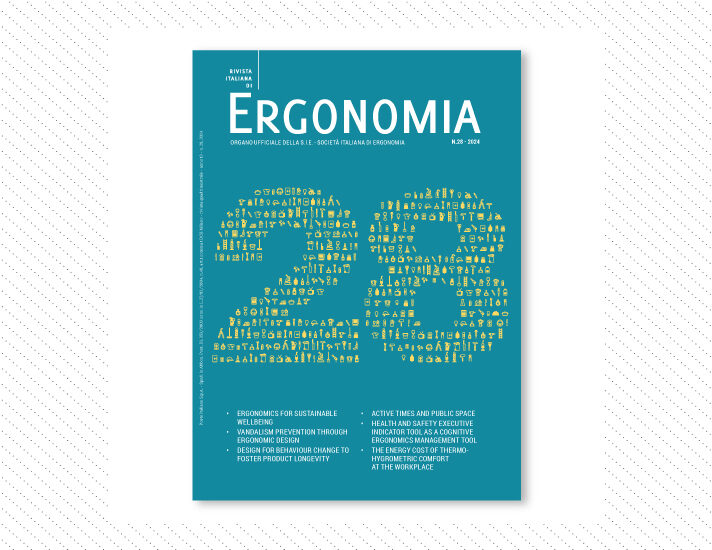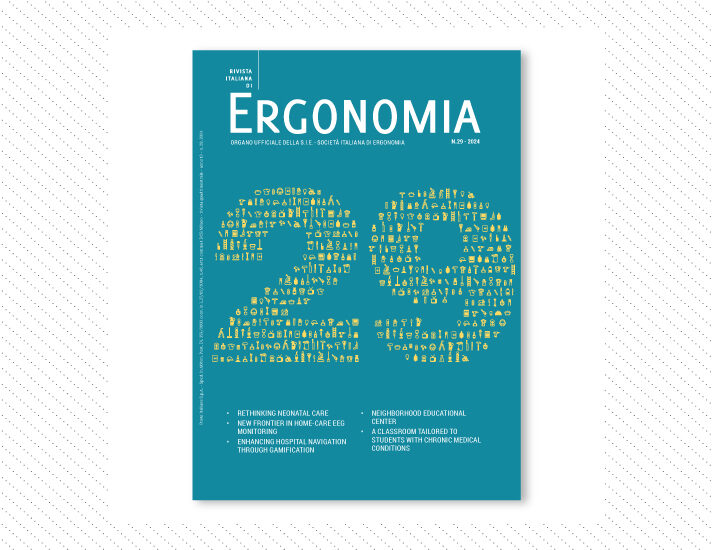Call for papers – 2025
EVOLVING TRENDS AND CHALLENGES IN APPLIED ERGONOMICS AND HUMAN FACTORS: PEOPLE, TECHNOLOGY, AND THE ENVIRONMENT
Several megatrends are reshaping lifestyles and work systems, creating new needs and risks for the planet and for the well-being of populations. Climate issues, demographics, urbanization, economic growth, energy consumption, connectivity, and geopolitics are key strategic forces shaping society and connecting people, technology, and the environment. One of the key factors driving these interconnected changes is the rising number of elderly populations, which has direct impact on both economic growth (e.g., new products and services, attention on active ageing and independent living, resilient work conditions etc.) and social inequalities (i.e., market offers that do not meet the users’ needs). It affects intergenerational relationships and perceptions of fairness in society, while also being linked to other major concerns, including resources, climate change, conflicts, migration, pensions, and healthcare. On the other hand, climate change remains one of humanity’s most critical challenges. The warming of the planet threatens food security, freshwater supplies, and human health, particularly for vulnerable populations. Both technical and social systems must find solutions to manage these risks, working on systems change to promote different behaviors. Today’s aging society brings about challenges in work systems. The increasing number of older workers is creating a more age-diverse workforce, where older employees are interacting with much younger, digitally native colleagues in a work environment characterized by significant age differences. These differences not only affect physical abilities but also cognitive, cultural, and behavioral characteristics. At the same time, a new industrial revolution is underway, replacing traditional work environments and organizational systems with innovative technologies such as collaborative robots, exoskeletons, and augmented reality. In the digital industry, people and technologies must integrate closely and intensively, and the growing diversity in the psycho-physical characteristics of the workforce presents challenges in designing and managing systems. Rapid technological advances are increasingly shaping digital and innovative work contexts. A wide range of activities have dramatically changed the ways in which they can be performed, often no longer confined to traditional settings or fixed organizations. Sociotechnical systems must adapt to society’s changing needs by applying new paradigms and perspectives to develop usable and sustainable solutions for improving how we live and age. By leveraging both physical and digital solutions, individuals and organizations can be provided with the best possible chance to achieve their goals, not only by optimizing resource use to increase effectiveness and efficiency but also by being assistive and caring for both humans and the planet. Applied Ergonomics and Human Factors play a fundamental role in addressing the complex challenges posed by contemporary megatrends. The links between aging populations, climate change, and rapid technological advancements paves innovative opportunities for novel studies capable to foresee liveable scenarios and the call for innovative tools to progress the body of knowledge.
The Issue 30 of the Rivista Italiana di Ergonomia [Italian Journal of Ergonomics] intends to collect international contributions such as critical essays, scientific research, projects, and professional experiences to feed the debate on these evolving trends and challenges in applied ergonomics and human factors. We seek contributions that examine how the integration of human factors into sociotechnical systems can lead to sustainable solutions that enhance productivity and quality of life while prioritizing human and environmental well-being. By emphasizing the interplay between people, technology, and the environment, the present issue is expected to highlight how applied ergonomics can drive meaningful change and support the development of resilient work and life systems.
Authors are invited to submit an original scientific proposal related to the following topics, but not limited to:
• Systems, tasks, and artifacts fostering sustainable and inclusive lifestyles
• From human centered design to human-environment centered design
• Safety and usability of digital and AI based systems
• New risks for the health and safety of workers and old risk in new prevention perspectives
• AI adoption in work and communities
• The environment role in sociotechnical systems
• More-than-human entities in the ergonomic perspective
• People role in circular design
• Usability of digital systems for caring and monitoring
• People, built environment and climate risk
Papers should be submitted in academic English only.
Deadline
Articles for issue 30 must be received by 15 May 2025
Issue 30 is due to be published by 31 July 2025
Call for papers 2025 and EDITORIAL RULES FOR AUTHORS
PUBLICATION CHARGE
The Rivista Italiana di Ergonomia [Italian Journal of Ergonomics] has no article processing charges (APC) or article submission charges. All articles are published in OPEN ACCESS format.


